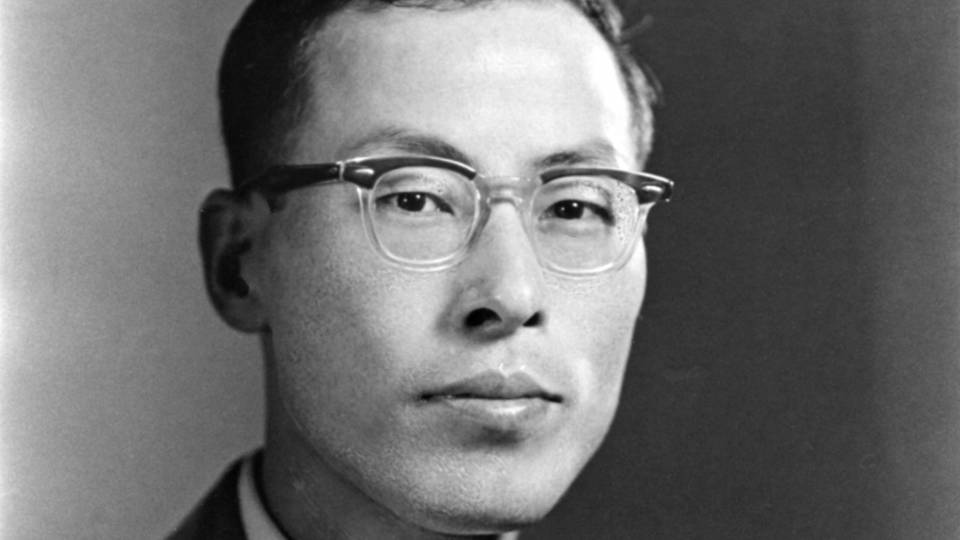Elon Lindenstrauss, a Princeton professor of mathematics, has won the Fermat Prize for Mathematics Research for his work in number theory.
The Fermat Prize, named for Pierre de Fermat, a legendary 17th-century mathematician renowned for his research into the theory of numbers, was created in 1987. The award was designed to mark important research in fields where the contributions of Fermat have been decisive, including the foundations of probability, analytical geometry and number theory.
The award, granted by the Institut de Mathematiques de Toulouse at the Paul Sabatier University in Toulouse, France, also is focused on rewarding the results of research accessible to the greatest number of professional mathematicians within these fields. It is given every two years.
Lindenstrauss studies ergodic theory, dynamical systems and their applications to number theory. Ergodic theory describes the statistical and qualitative behavior of measurable group actions on mathematical constructs known as measure spaces. Originated in the 1930s by mathematicians including John von Neumann, it has grown to be of wide interest to researchers and has applications to number theory, differential geometry, statistical mechanics and functional analysis.
After earning his Ph.D. from the Hebrew University of Jerusalem in Israel, Lindenstrauss held academic positions at the Institute for Advanced Study, Stanford University and New York University before coming to Princeton in 2004. He also was a long-term prize fellow at the Clay Mathematics Institute while serving concurrently as a visiting member of the Courant Institute at NYU.
Cédric Villani, a professor of mathematics at the l'École Normale Supérieure de Lyon and the director of the Henri Poincare Institute in Paris, is a co-winner of the prize. His main research interests are kinetic theory and optimal transport.
Winners are awarded 20,000 Euros (about $30,000) and are invited to give a lecture on the prize-winning work in Toulouse. The recipients also are required to publish an article summarizing their findings in the mathematical journal Annales de la Faculte des Sciences de Toulouse.
Previous winners include Andrew Wiles, the James S. McDonnell Distinguished University Professor of Mathematics at Princeton. He was awarded the prize in 1995 for his works on Shimura-Taniyama-Weil's conjecture, which resulted in the demonstration of Fermat's Last Theorem.

